Tune into any classic rock radio station, and there is a solid chance that within an hour, you’ll hear one of Heart’s ‘70s-era, melodic, hard-rock hits like “Barracuda,” “Magic Man” or “Crazy on You.” This is why it’s especially exciting that Ann Wilson, Heart’s iconic vocalist and co-writer of those songs has penned original material for her third solo album, Fierce Bliss (released on April 29).
Fierce Bliss features seven new songs from Wilson (plus four inventive covers), a significant level up from her two previous albums which only had one original song between them (“Little Problems, Little Lies” on 2007’s Hope & Glory). This return to songwriting started with three originals from Wilson’s 2021 five-song EP, Sawheat 8, one of which, “Black Wing,” is included on Fierce Bliss.
Wilson is looking at over 50 years of music-making in her rearview, with a lot of accomplishments and accolades along the way. These include over 35 million Heart albums sold with chart success every single decade of the trailblazing group’s existence, four Grammy nominations, Rock & Roll Hall of Fame induction, and who can forget Heart’s Kennedy Center Tribute to Led Zeppelin in 2012? A hefty CV like this makes it that much more of a pressure-filled scenario for Wilson to write new material.
With Vince Gill, Kenny Wayne Shepherd, and Gov’t Mule’s Warren Haynes in tow, Wilson traveled to Soundstage in Nashville, and Fame Studios in Muscle Shoals, Alabama for the recording of Fierce Bliss—a bucket list item she can now tick off. “It’s this little unassuming, funky place in the middle of a really unimpressive strip mall,” says Wilson of Fame Studios. “You go in there and you feel this energy. The people who run it are the original people. They get you set up and they get out of the way and you just go. It is magic.”
Listening to the lyrically brave and sonically expansive Fierce Bliss, it is clear the inimitable singer has not lost her chops. But it took the downtime of the pandemic for Wilson to get them operational again. “It was having the unbroken, quiet, serene time to daydream and go inward and actually write,” she shares with us on the record.
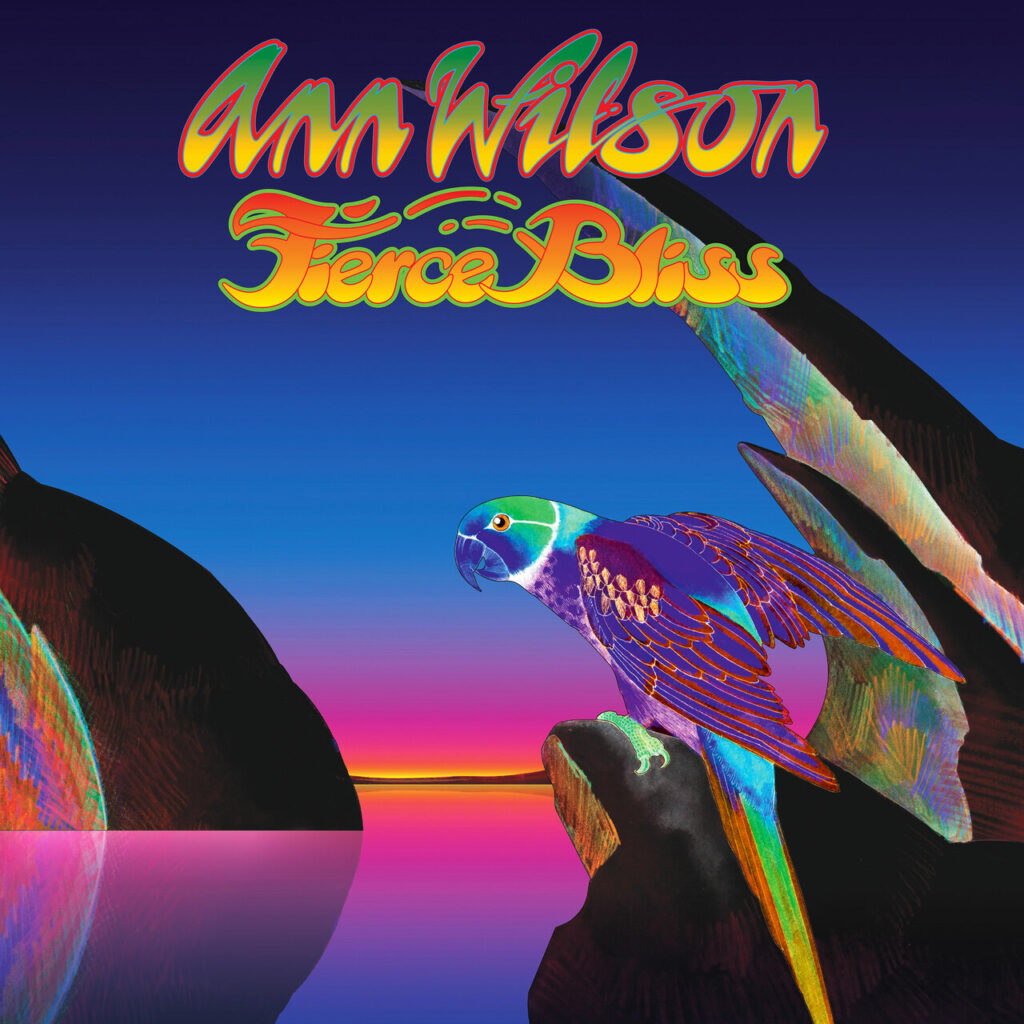
SPIN: Why is now the right time for new songs from you?
Ann Wilson: I wrote most of the songs during the pandemic lockdown of 2020 and 2021. It was an enforced quiet time. It was also a matter of getting up my confidence. When you write and put out a solo album, the buck stops with you. You can’t blame anybody else if it fails. And if your stuff is bad, it’s bad. I just had the confidence. Maybe it’s because of my age. The clock is ticking, so I just jumped.
It really doesn’t matter how much success you’ve had prior, does it? When people reject your music, it feels like they’re rejecting you as a person.
You have to learn how to not take that stuff personally. In the 1980s, when Heart was having its hugest commercial success, it was not with our self-written songs. It was with other people’s songs in the L.A. songwriter pool: Diane Warren, Billy Steinberg, all the people who were writing the big hits in those days. Capitol Records was saying to us, “You had some success in the ‘70s, but your stuff really isn’t what people want now.” To not take that personally was huge. It knocked the wind out of me for a few years as a writer. That type of stuff is so wounding, so soul-crushing.
Is writing a hit a different skill separate from being a great musician and singer?
What made me the most uncomfortable in the 1980s when Heart was doing everybody else’s songs was that the songs seemed like the empty fishbowls that you could pour anybody into and it would be a hit. That’s the ultimate example of me biting the hand that fed me. But, at the same time, I’m a creative artist and I want to be authentic and I made this Faustian bargain to do other people’s songs and get No. 1s. At the end of the day, it’s pretty meaningless. You have a hit because it appeals to the lowest common denominator. There is no real criteria for excellence. I gave up trying to predict what’s going to be a hit decades ago. But having said that, when you write a song in all authenticity and you love it and it becomes a hit, you just go “Yeah, I’m a hit writer!”
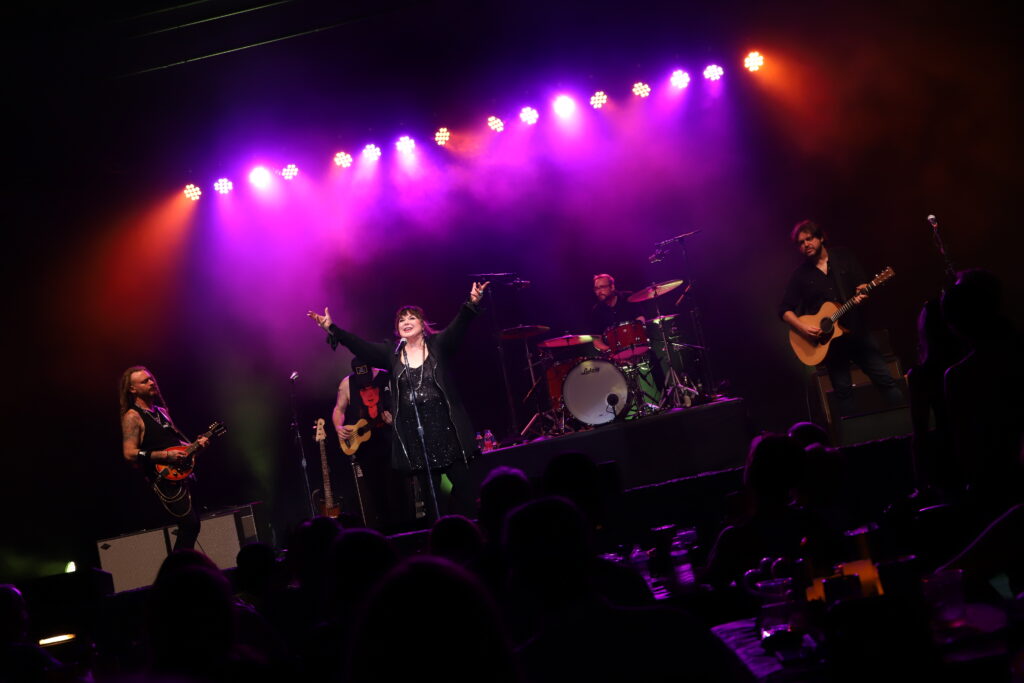
Was your approach toward the songwriting for Fierce Blisssimilar to when you were writing Heart songs in the 1970s?
In the past, I’ve always written from the outside in, like, “What do you think people want to hear?” This time I wrote completely from the inside out. Writing for Fierce Bliss was more like journaling. I threw everything down because no one was going to see it except me. It was very liberating. In the early Heart days, we had no experience. We had no precedent in for any kind of hit success, so we just wrote our songs. Once you have all the success, and you stick around for a bunch of decades, you better come back to that innocence and that purity and authenticity, or else it gets ugly, and maybe you just fade away on a low note.
How did the songs progress from your journaling to the finished stage?
I had these little iPhone demos. I have never had much luck with sending demos around digitally and having people add their ideas and sending them back. I never heard a spark in that method. I asked my guitar player Tom Bukovac to bring along some musicians that he liked. I brought a young drummer from Seattle that I really like. When we got together, I told them, “You’re not studio musicians here, you are fellow collaborators. Bring me your ideas. I’m not going to tell you what to play. We’re making something together.” We started developing these demos and it unfolded in this way that rarely ever happens with people you just meet. It just got better as we went along because we got the shorthand going. I’ve always been a band person. I’m a lot more uncomfortable being the boss because I feel it intimidates the people you’re working with, and might inhibit their creativity. I wanted the album to sound like the records of old that take up space.
Considering how compressed music is these days, and how treated vocals are, making an album that takes up space really goes against the grain.
I’m going to go ahead and sound like an old person. What bugs me the most about the robotic voice, especially Auto-Tune is it makes everyone sound anonymous. You can sit in a hair salon for two hours with pop music playing and not be able to tell one artist from the other. It’s this happy, bubbly, inconsequential thing that’s playing in the background. It bugs me no end because I think the interesting thing about singers are the flaws, the rough places, the little tones in the voice that make you sound like a human. I’m looking forward to the time when this trend wears out. I hope I’m still alive.
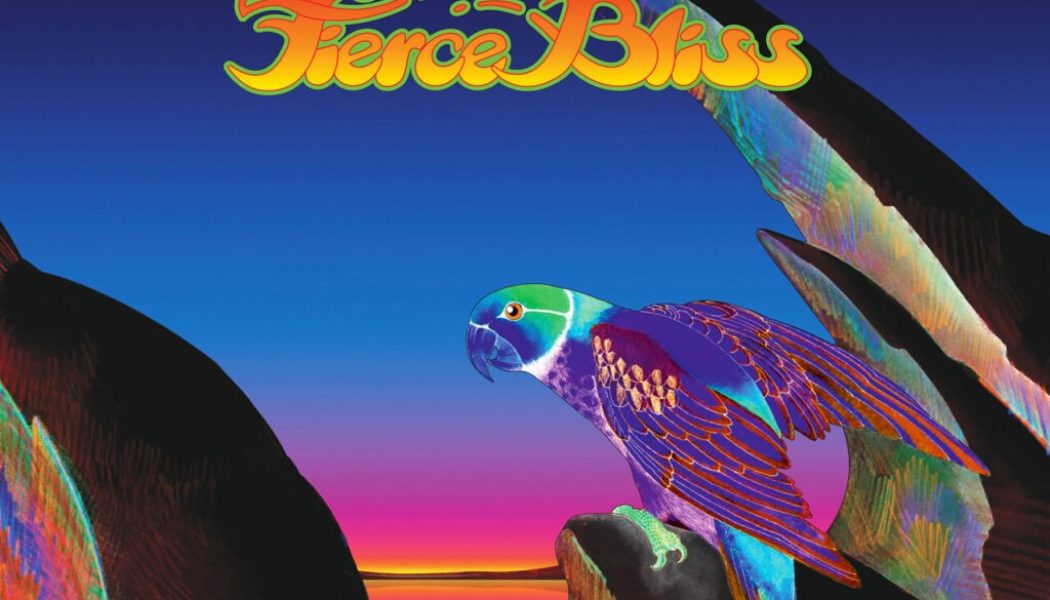

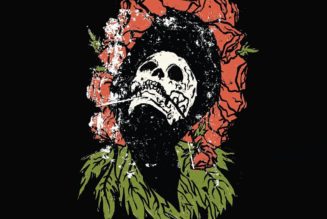
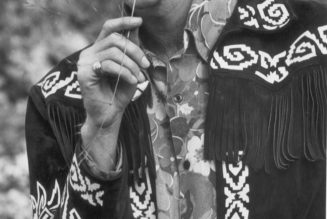
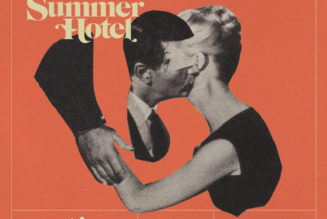

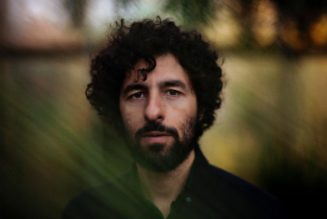
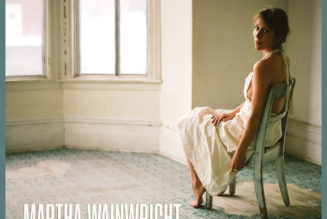
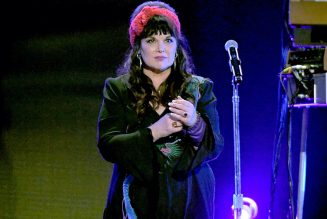
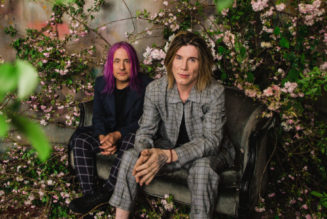
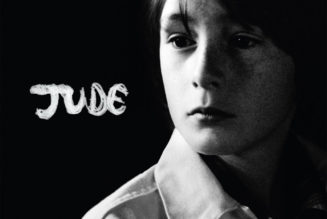
Tagged: ann wilson, On the Record